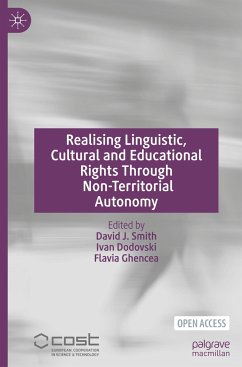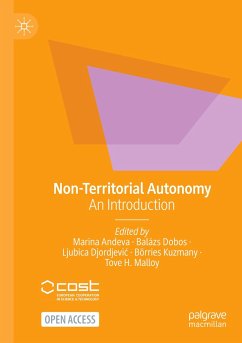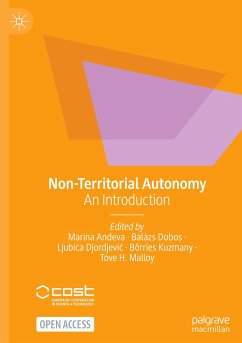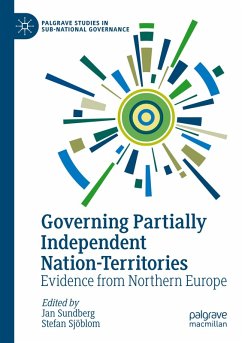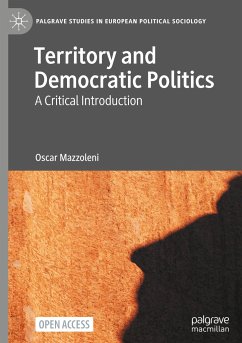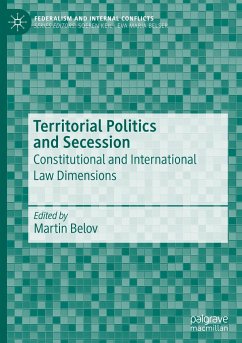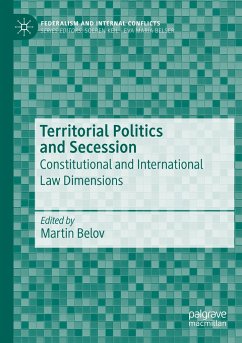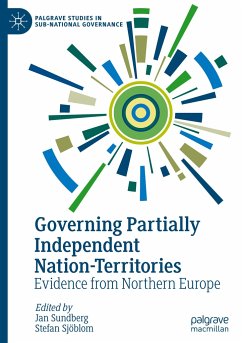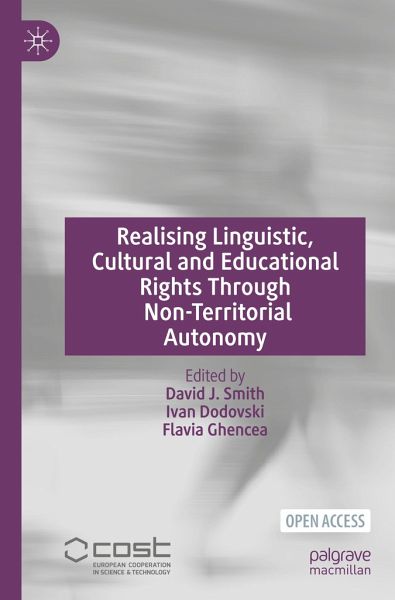
Realising Linguistic, Cultural and Educational Rights Through Non-Territorial Autonomy
Versandkostenfrei!
Versandfertig in 6-10 Tagen
31,99 €
inkl. MwSt.

PAYBACK Punkte
16 °P sammeln!
This volume assesses Non-Territorial Autonomy (NTA) in terms of its practical capacity to support the linguistic, cultural, and educational rights of national minority groups across Europe. The fact that 2023 marks the 25th anniversary of the coming into force of the Council of Europe Framework Convention on National Minorities (FCNM) and European Charter for Regional and Minority languages (ECRML) makes this book especially timely and relevant. Its numerous detailed empirical studies, one of which uses FCNM reporting as a benchmark, give a picture of the extent (or otherwise) to which interna...
This volume assesses Non-Territorial Autonomy (NTA) in terms of its practical capacity to support the linguistic, cultural, and educational rights of national minority groups across Europe. The fact that 2023 marks the 25th anniversary of the coming into force of the Council of Europe Framework Convention on National Minorities (FCNM) and European Charter for Regional and Minority languages (ECRML) makes this book especially timely and relevant. Its numerous detailed empirical studies, one of which uses FCNM reporting as a benchmark, give a picture of the extent (or otherwise) to which international minority rights standards are actually being realized through various NTA arrangements. In keeping with the principles laid out in these foundational documents, the contributions to this volume acknowledge that when it comes to the effective delivery of linguistic, cultural and educational rights, NTA is best regarded not as an alternative but as a complement toterritorially based arrangements.
This is an open access book.
This is an open access book.





